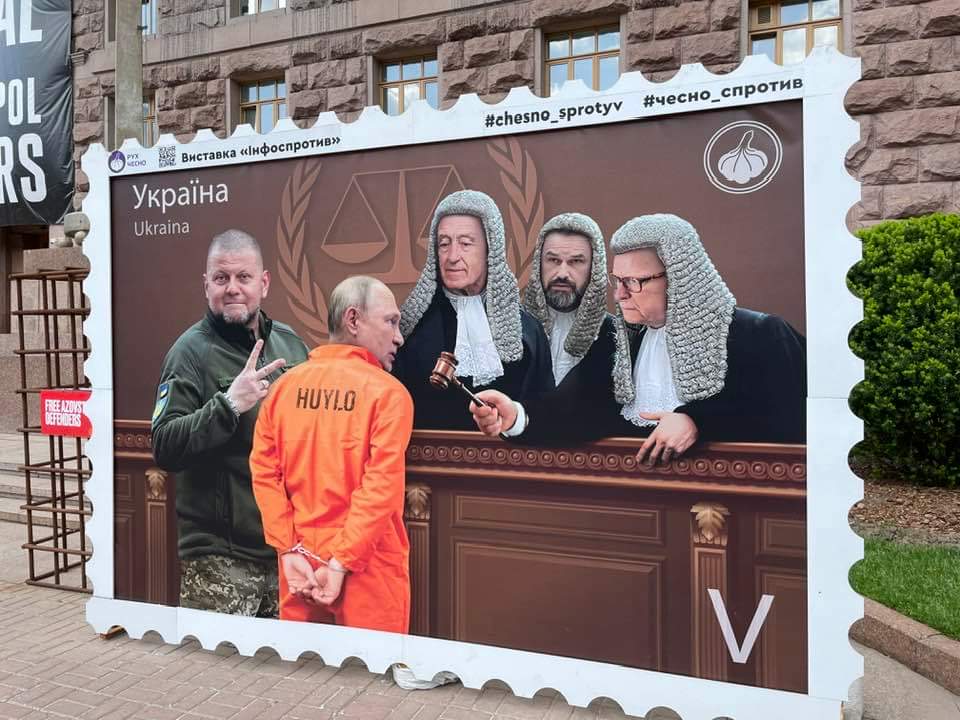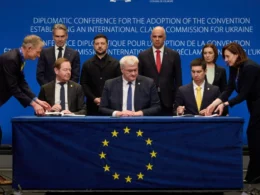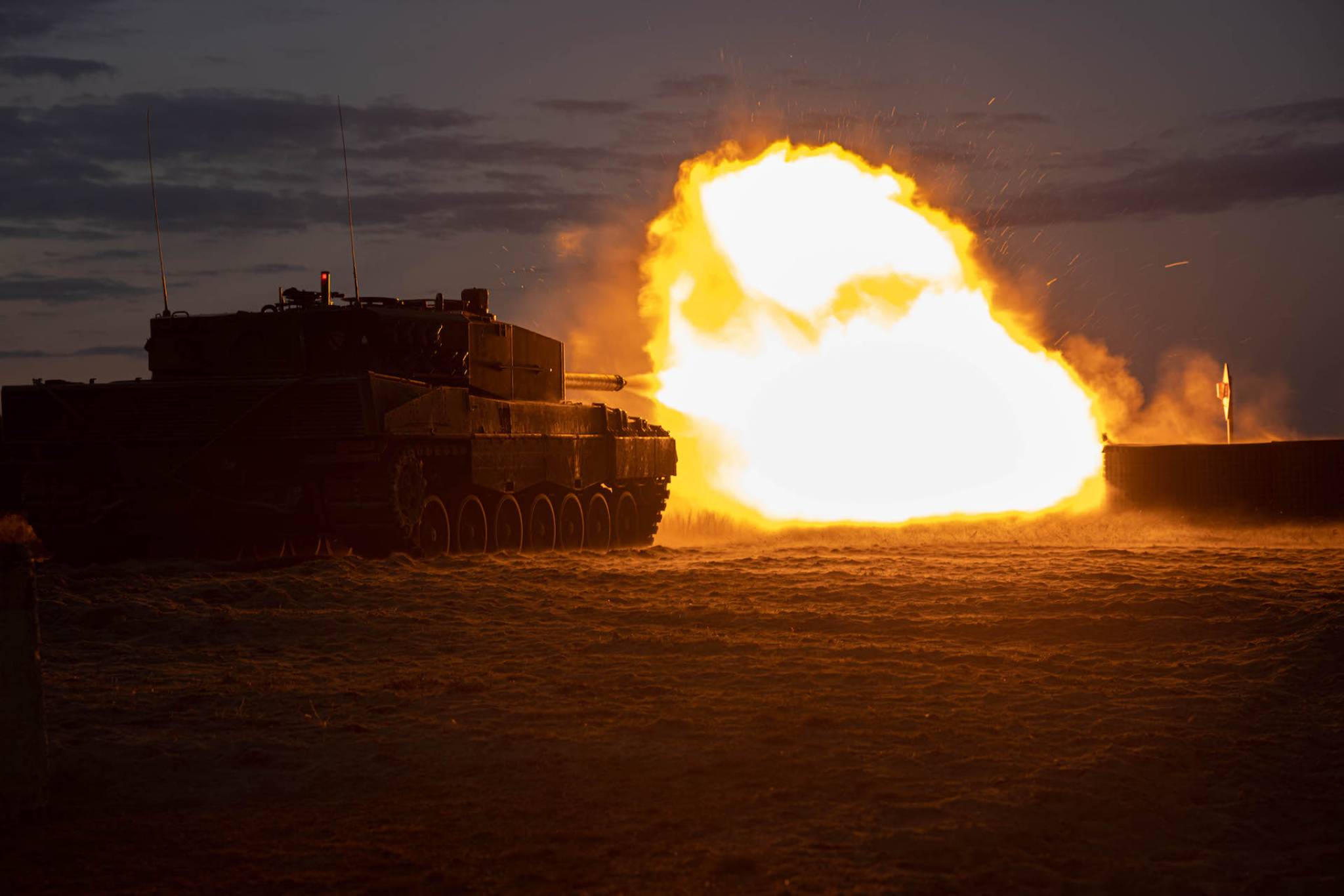The Council of Europe's Committee of Ministers initiated the process to establish a special tribunal to prosecute Russia for the crime of aggression against Ukraine, according to a statement released following their annual meeting.
Foreign ministers from 46 member states authorized Secretary General Alain Berset to lead the establishment of a special tribunal through direct agreement with Ukraine, according to Council of Europe.
This development follows a 9 May statement of political support for the tribunal signed by EU foreign ministers and top EU leadership.
Ukraine anticipates the special tribunal could begin operations by 2026, with this year dedicated to establishing the legal framework, recruiting judges and secretariat staff, and implementing procedural rules. The Netherlands has offered to host the tribunal.
The proposal originated with Ukraine in September 2022 when the country approached G7 nations and other partners seeking support to prosecute Russian war criminals on the highest level.
Former Ukrainian Foreign Minister Dmytro Kuleba emphasized that this progress brings the international community closer to delivering justice for Ukraine, which is crucial not only for Ukrainians but for global peace and security.
Beyond the tribunal initiative, the Council of Europe ministers expressed commitment to "secure the return of Ukrainian children unlawfully deported or forcibly transferred by Russia."
In 2023, the International Criminal Court (ICC) issued arrest warrants for Russian President Putin and Russia’s Commissioner for Children’s Rights, Maria Lvova-Belova, accusing them of the war crime of unlawful deportation and transfer of Ukrainian children from occupied territories to Russia.
In 2024, the ICC also issued arrest warrants for senior Russian military officials Viktor Sokolov, Sergey Kobylash, Sergei Shoigu (former defense minister), and Valery Gerasimov (army general), charging them with war crimes related to directing attacks on civilian targets and crimes against humanity.
“I don’t give a damn about their tribunal.” Why prosecuting Russian propagandists is so difficult




